Shudder-exclusive British found footage horror film Host (2020) isn't just the best example of its genre or the first significant Coronavirus movie, but an expert exploration of the terrors of death and a subtle reinvention of the ghost story.
Warning: Mild Spoilers Below
While the plot, geared around the consequences of a botched seance, is trite, the hour-long movie is elevated above its peers through its expert use of form. Director Rob Savage overcomes the social-distance challenges to filming a feature-length, employing these restrictions to his advantage.
Filmed through the now all-too-familiar interface of a Zoom call, the movie blurs the boundaries between fact and fiction from the get-go, providing instant immersion as the viewer becomes an unseen background character, their unwitting intrusion into a private call poking contemporary fears of internet surveillance and our increasing tendency to live our lives through screens.
This sense of immersion is maintained throughout, the movie's end credits smartly maintaining the computer interface aesthetic to uphold the illusion that this is less a work of fiction than an all-too-real documentary which, by virtue of having watched its events unfold through a screen, the ghostly controller of the computer becomes apathetic towards the minute the end credits roll. But Savage's deft exploration of the nuances of internet-consumption is only one of many cunning messages the movie engages within its relatively short runtime. Despite the story on the surface, Unfriended rip-off this is not: Host explores the horrors of Coronavirus in the context of the prevailing anxieties of the early 21st century with a great deal of nuance.
While the at-times laggy connections of the characters' camcorders realistically imitate the frustrations of a Zoom call, there are more accomplished instances of moving cinematography here. Characters leave the room with their video still recording, their phone or computer capturing the uncanny stillness of their vacant bedrooms, lit only by their own eerie glow. Houses are haunted not by spirits or ghosts (but rest assured traditional horror fans, there are those in abudance), but by sheer absence of lfie. Although at first these absences last short moments - a trip to the toilet, checking on family - the implication of a permanent absence is clear, as the film tasks audiences to consider what these spaces will look like after their occupants expire.
A looping reel of footage has a character endlessly repeat the same route through their room, echoing ancient perceptions of ghosts' damnation to wander forever in one place, and walk through walls unaware of the changes to the physical surroundings that envelop them. Internet filters become a tangible part of the world, as life is conducted increasingly through the virtual. While technology has allowed us to come closer together - despite the physical distances between us - this does not replace the human need for warmth and closeness, demonstrated by the characters' inabilities to help one another toward the movie's climactic moments.
For all the slick camera trickery and innovative immersion, the prevailing motif of Host is the creeping disquiet of Coronavirus. Despite necessitating the seance's conduction online (and therefore setting up the whole movie) and an occasional reference to coughing, COVID-19 largely seems to be confined to the background. Nevertheless, it becomes increasingly clear throughout the film that the botched seance is an allegory for the pandemic. The characters' ultimate demise stems directly from not taking the seance seriously, implying the dangers of treating Coronavirus in a flippant and trivial manner.
Even as the supernatural elements (including shockingly well pulled-off jump scares) escalate towards the film's final moments, one character's decision to reach for her face mask as she heads outside - despite the chaos around her - demonstrates what the real horror here is. Monsters and demons might haunt our imagination, but ultimately the true terrors of this world aren't supernature at all. But being made by natural and tangible, these horrors can be combated. And while the film is sinister throughout, an undercurrent of hope runs throughout Host: even when each character begins to face their own death, their need and desire to help and comfort their friends prevails.

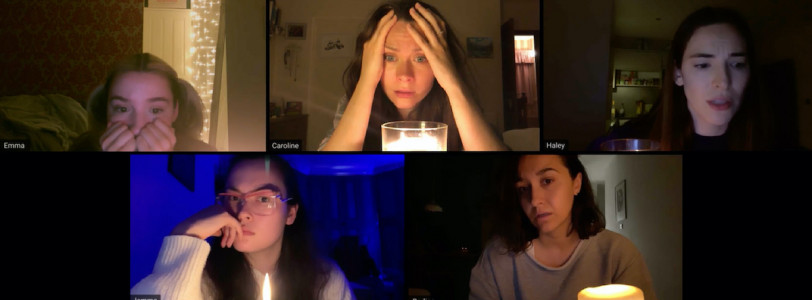
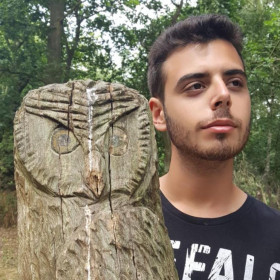

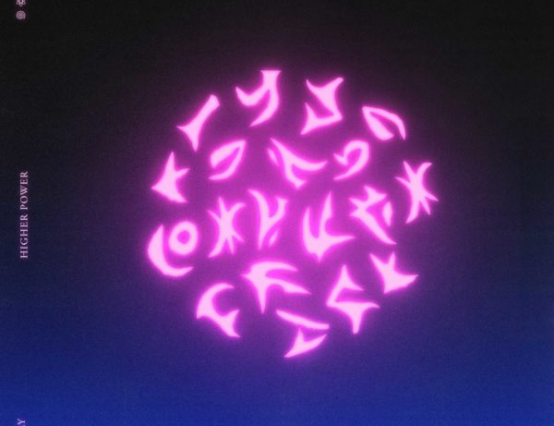
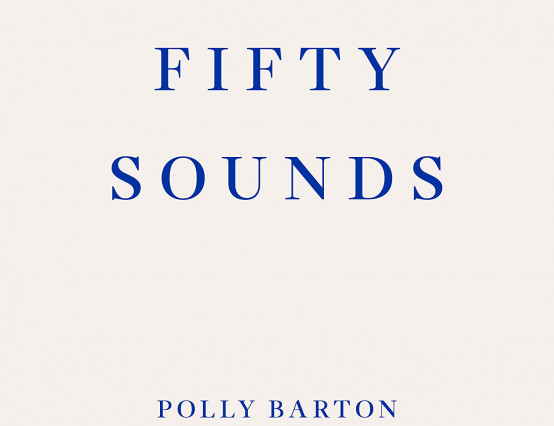


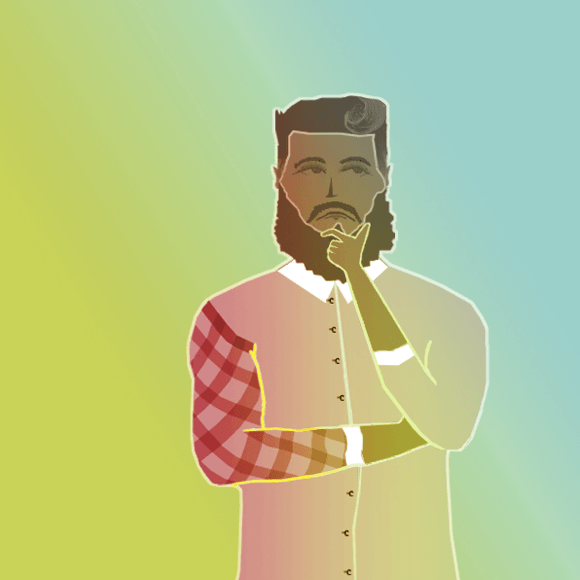
0 Comments